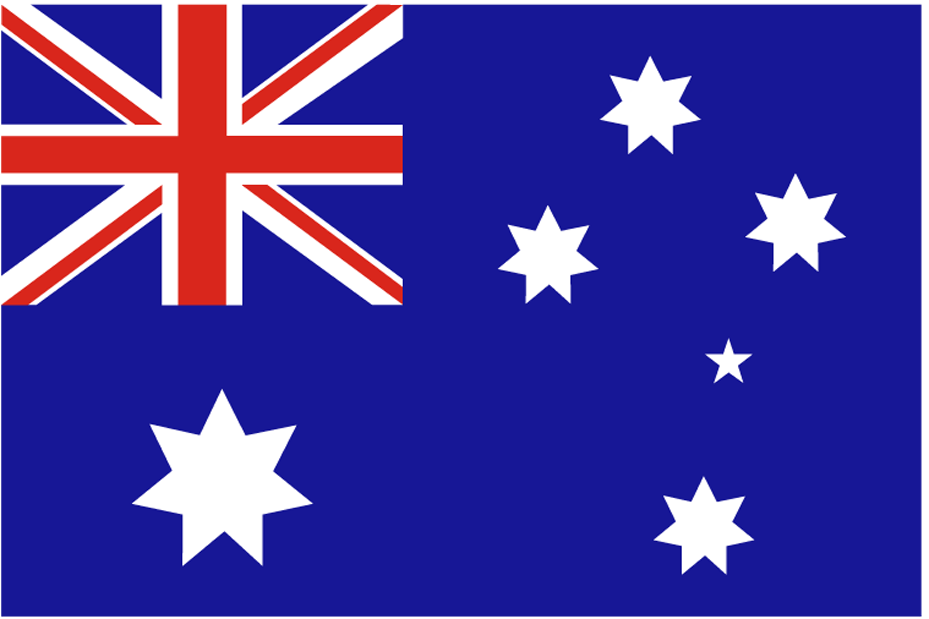
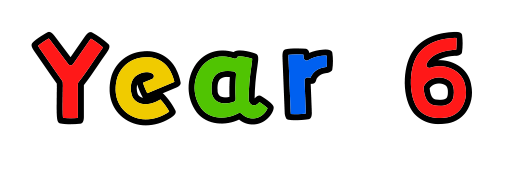
Class 10 = Australia Class 11 = Nepal
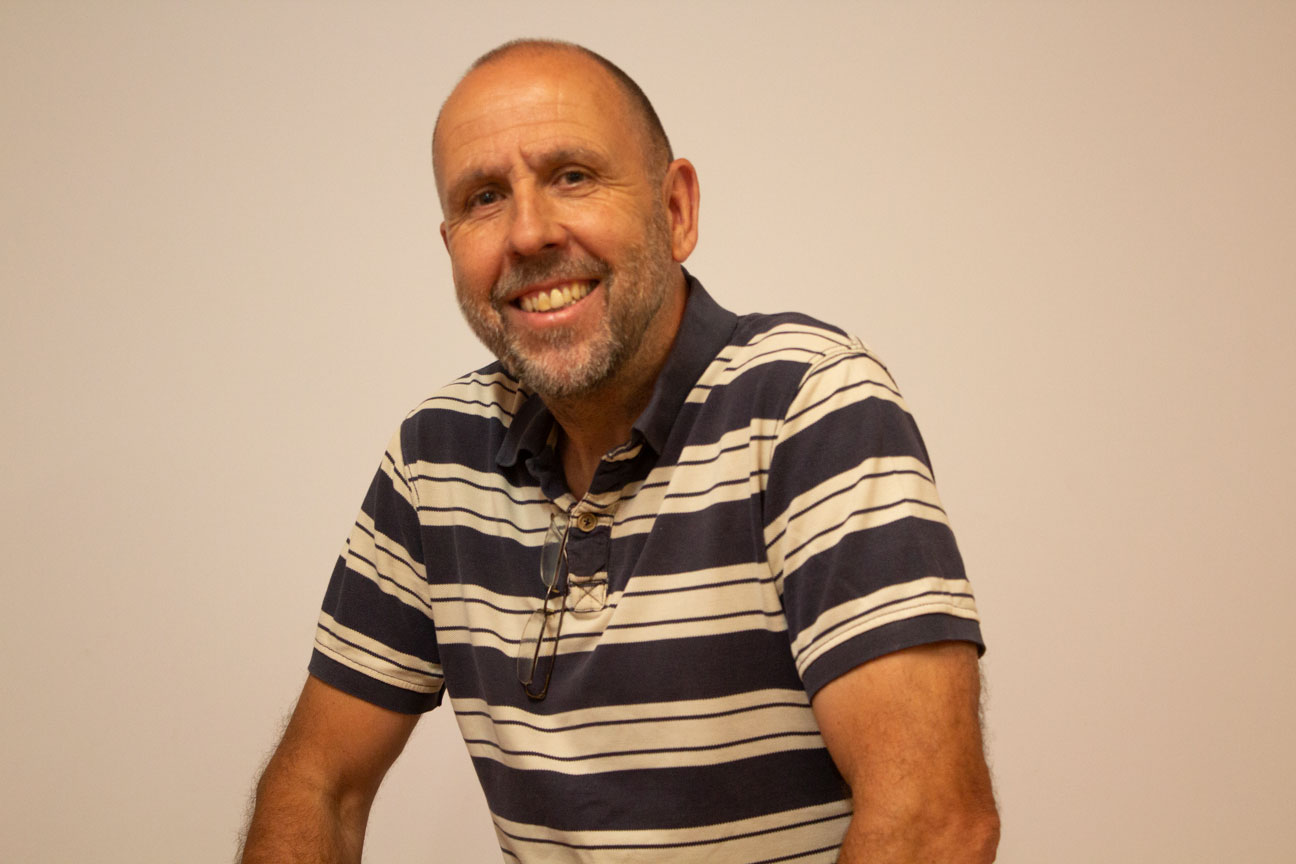
Teacher
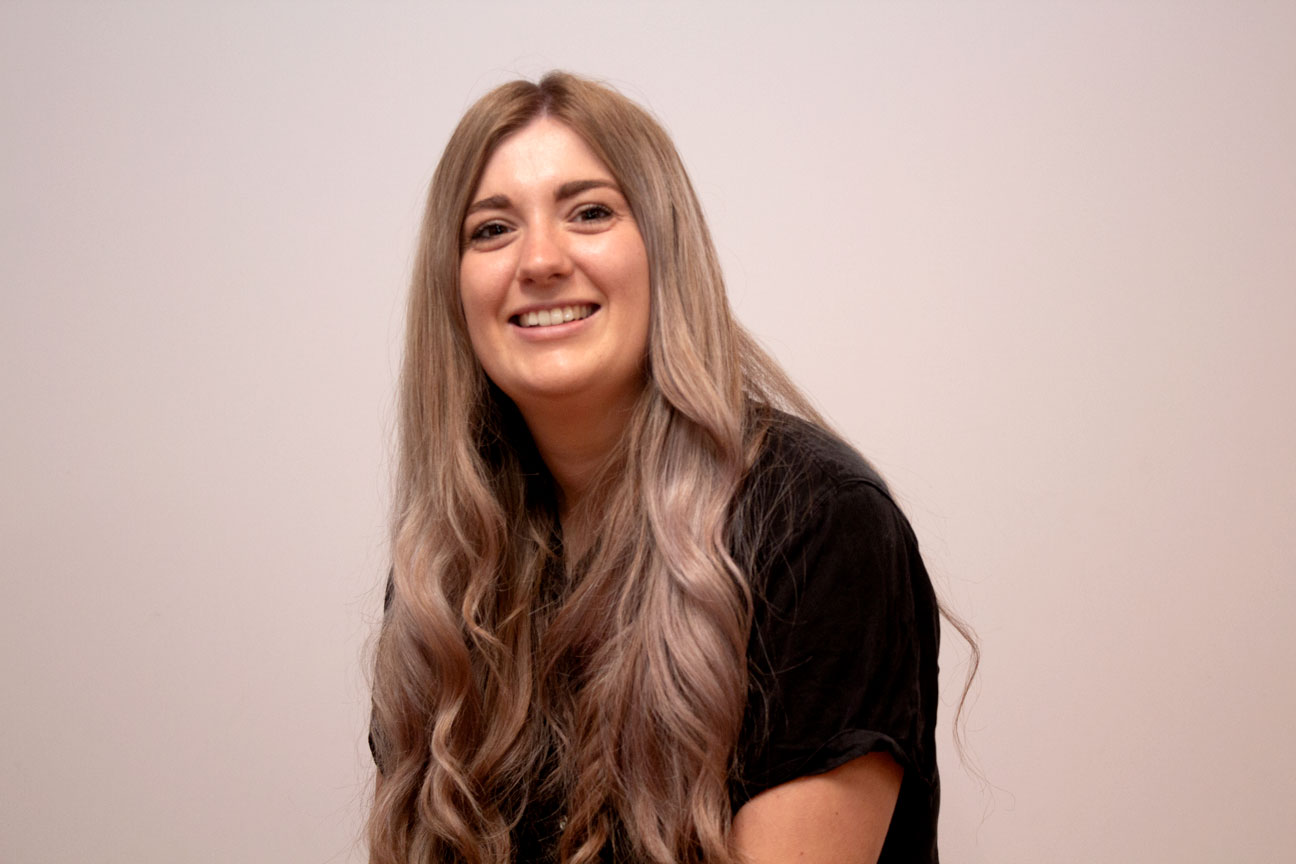
Teacher
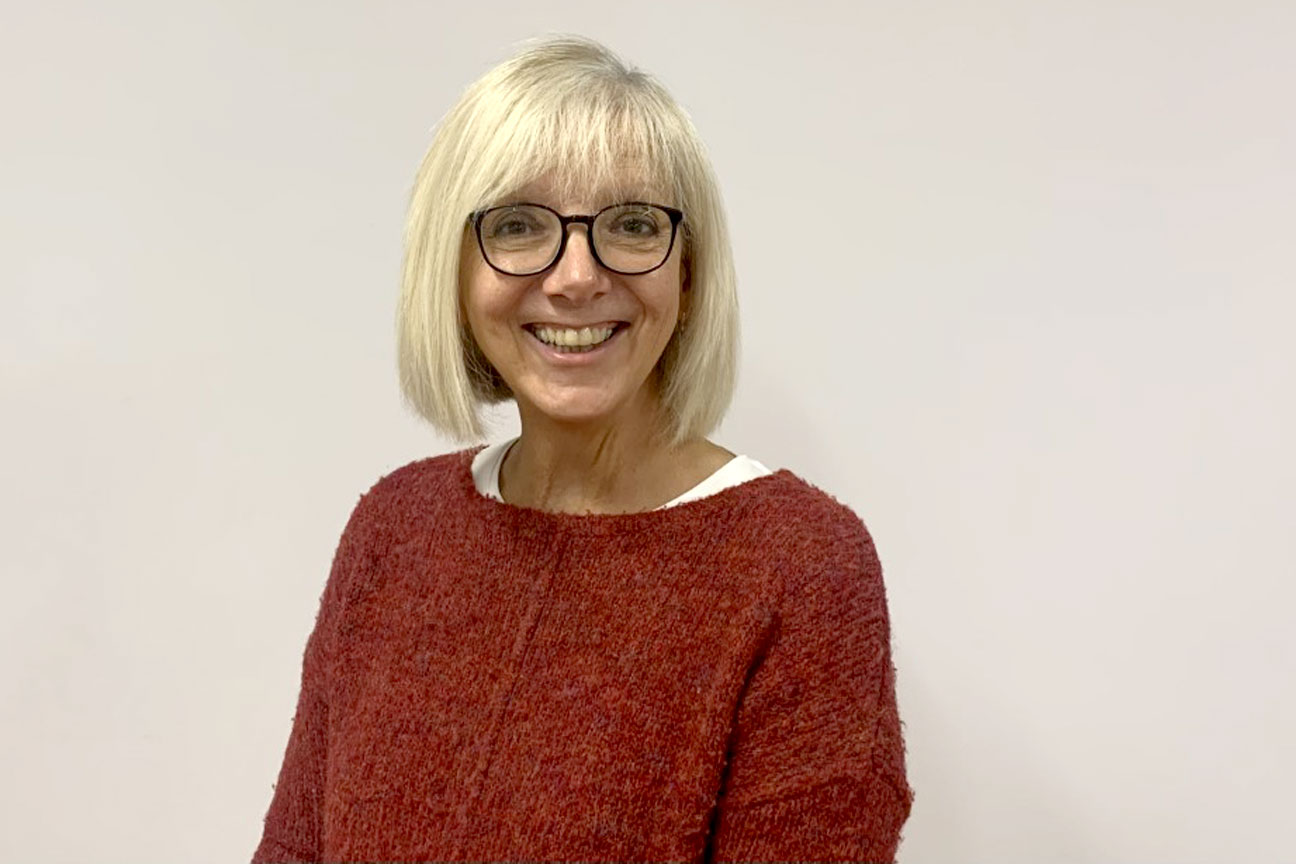
Interventions Teacher
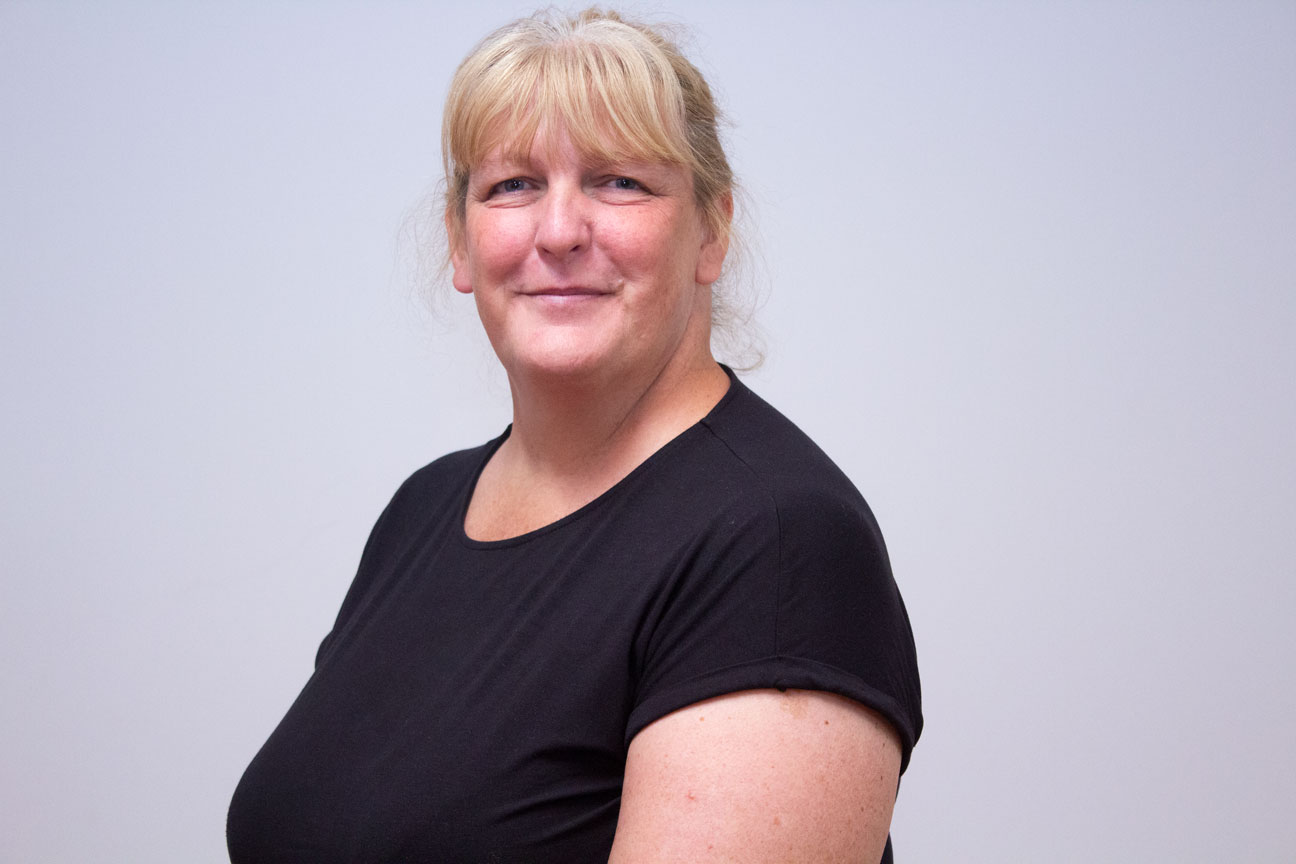
SEN Teaching Assistant
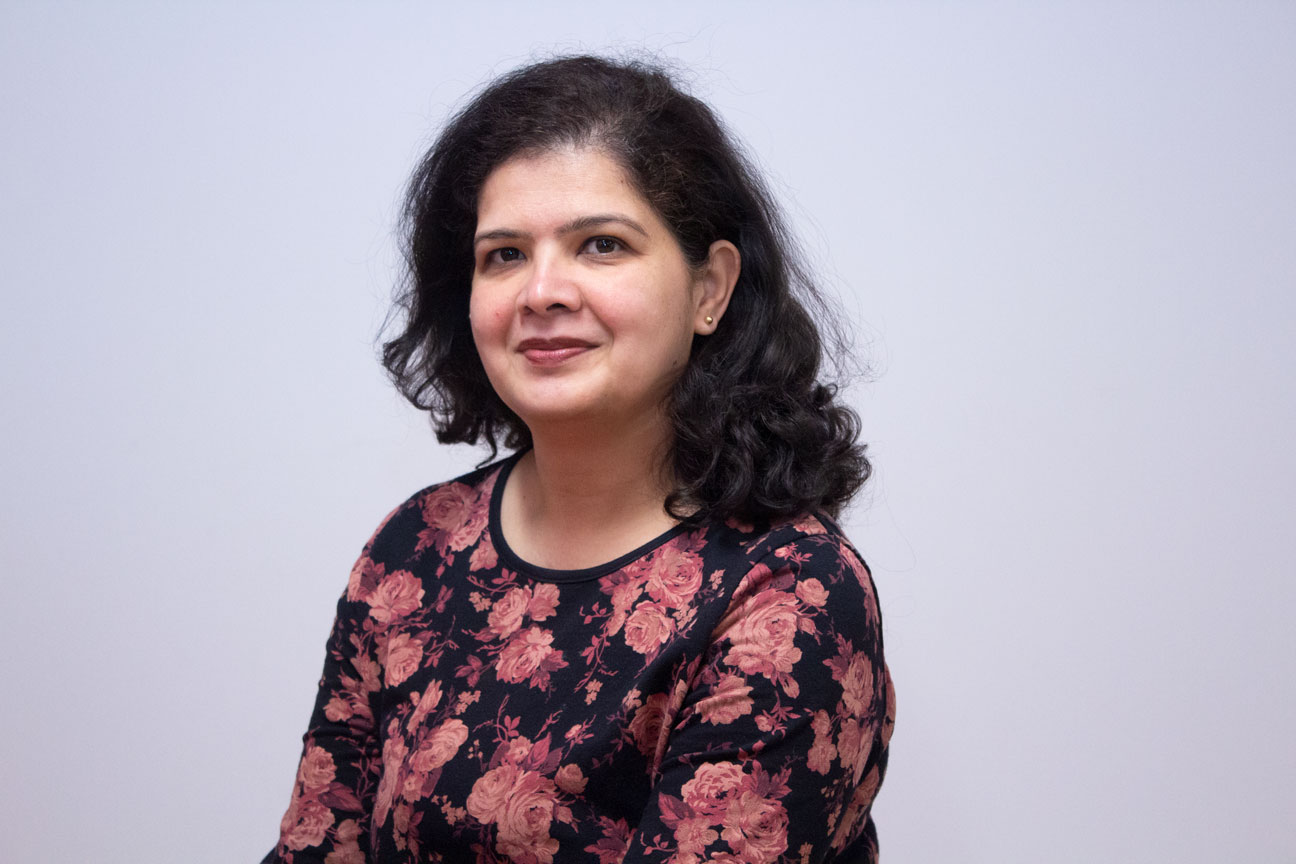
SEN Teaching Assistant
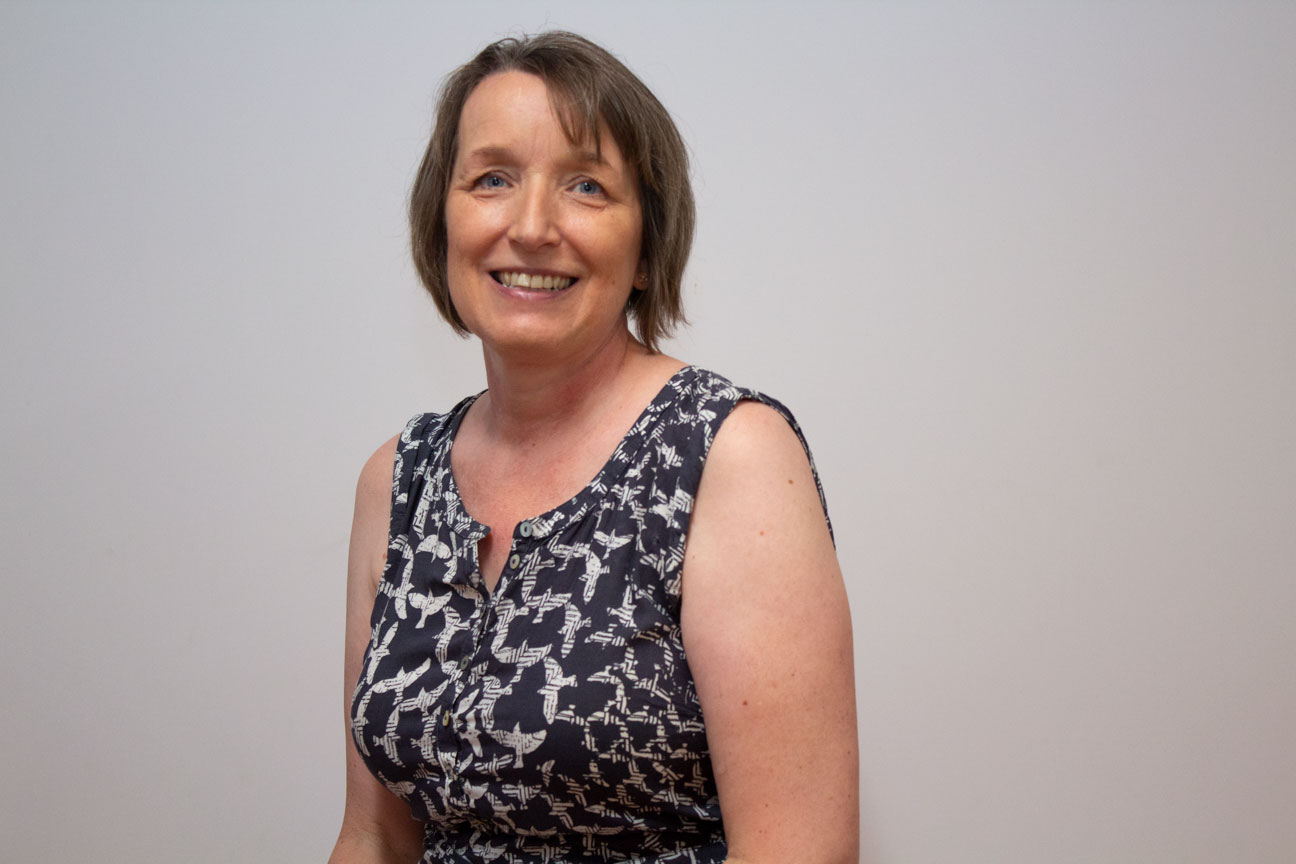
SEN Teaching Assistant
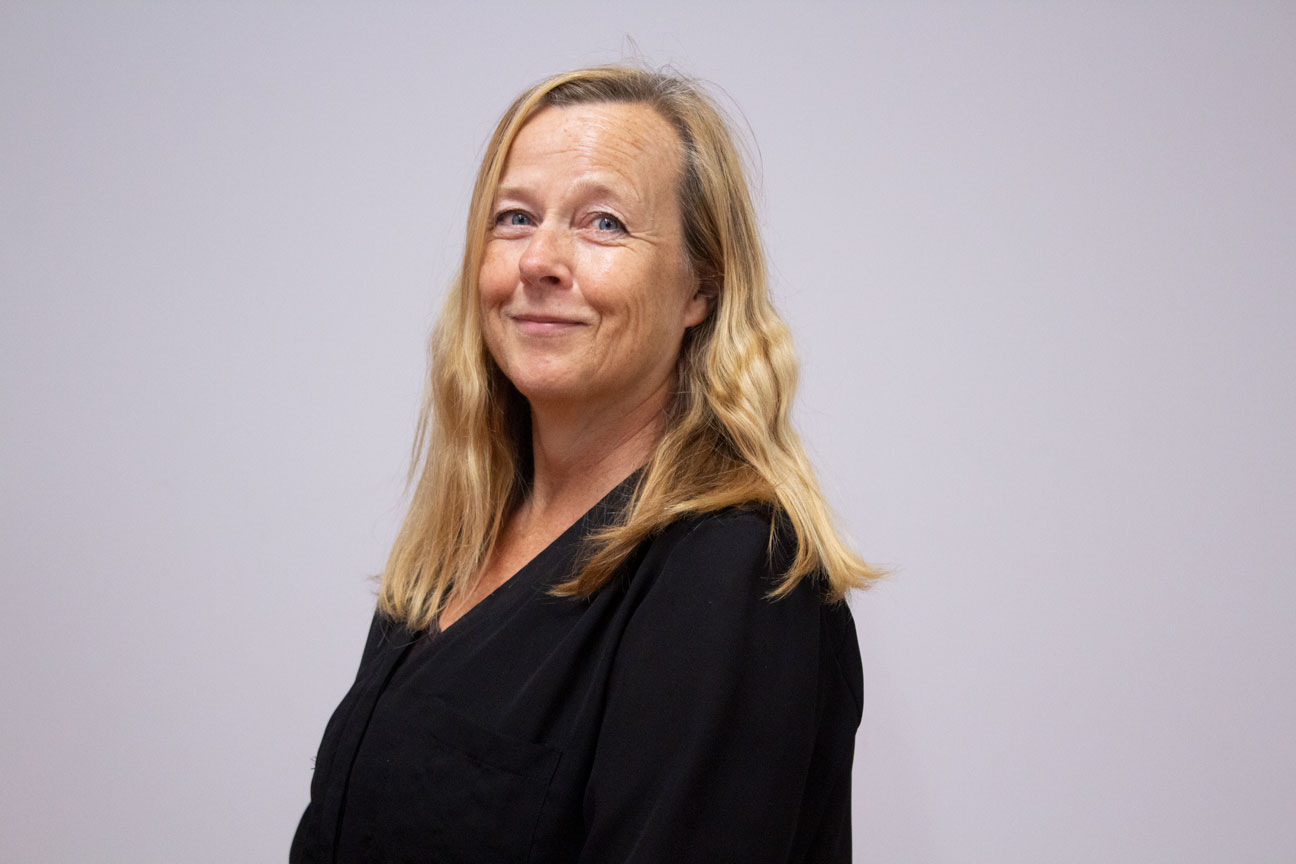
Reading Ranger
Click here to view the
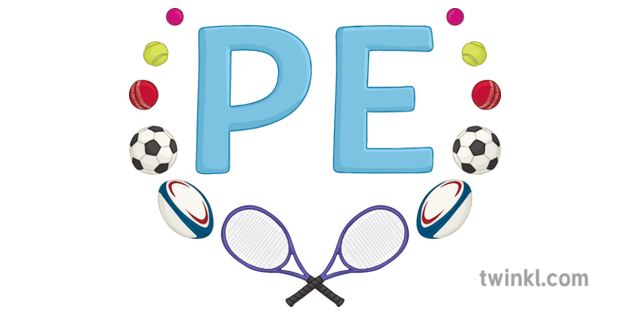 Our PE days for Term 4 are Monday & Friday.
Our PE days for Term 4 are Monday & Friday.
The Nowhere Emporium by Ross MacKenzie

Holes by Louis Sachar
BBC Bitesize –
https://www.bbc.co.uk/bitesize/articles/zbh892p
https://www.bbc.co.uk/bitesize/subjects/z826n39
https://www.bbc.co.uk/bitesize/topics/zwwp8mn
https://www.bbc.co.uk/bitesize/topics/zvwwxnb
List of recommended books for Year 6 children to read:
Best Books for Year 6 | Ages 10-11 Recommended Reads | BooksForTopics
https://www.booksfortopics.com/year-6
English games, including SPaG (spelling, punctuation and grammar)
Spelling and Grammar, English Games for 7-11 Years – Topmarks
https://www.topmarks.co.uk/english-games/7-11-years/spelling-and-grammar
Website to practise different maths skills:
IXL – Place values (Year 6 maths practice)
https://uk.ixl.com/maths/year-6/place-values
Maths booklets for children to practise the Year 6 maths curriculum
Parent resources | Maths workbooks | White Rose Maths
https://whiterosemaths.com/parent-resources
Information about Year 6 SATs tests
Key stage 1 and 2 national curriculum tests: information for parents – GOV.UK (www.gov.uk)
In History, we are investigating local history during the Victorian period. We will carry out an enquiry using the census, parish register, and factory records. We will learn about the changes to the family over a period of time and suggest reasons for these changes, linking them to national events. At the end of the unit, we will plan our own historical enquiry and research a local family.
In Science, we are looking at circuits, batteries and switches. Using children’s prior knowledge of electrical circuits, we will learn to draw conventional circuit diagrams and use models to explain current and voltage. Year 6 will make their own batteries, relate this to their knowledge of voltage and explore how battery research has impacted other scientific progress. We will investigate the use of switches and fuses and apply their electrical knowledge to design and produce their own electrical device.
This term we will also be working towards our Enterprise Event. The children will be collecting the money they have made from their ‘Grow a pound’ event.
In our PE session we will be developing our gymnastics skills inside on a Friday and developing our invasion game skills outside on a Monday.
In English, we will be reading Holes by Louis Sachar as our class book. We will be writing a range of genres based on the novel. We will write our own radio advert, an informal and formal letter and finally write an extended rewrite of the book.
In Computing this term we will be looking at the Be Internet Legends pillar Be Kind. This is where the children will learn how to be kind online and what to do if someone is not.
In PSHE, our topic will be citizenship. Citizenship – recognising the importance of rules; caring for others and the local environment; learning about rights, responsibilities and the importance of participation in community life.
We will be learning and discussing the following subjects:
Learning about environmental issues relating to food.
Discussing how education and other human rights protect us.
Identifying causes that are important to us.
Discussing how people can influence what happens in parliament.
Discussing ways to challenge prejudice and discrimination.
Identifying appropriate ways to share views and ideas with others.
We start our term with a trip to the M- Shed, dressing up as evacuee children. We are very excited for a real life experience and to broaden our WW2 knowledge.
In geography, we will be learning about time zones around the world while exploring natural resources and energy found in the United States and the United Kingdom. We will learn about renewable and non-renewable energy sources and the impacts these have on society, economy and environment. Then we will carry out a fieldwork investigation considering the best location for a solar panel in our local area.
We are very busy with our art this term and have 2 units that we will be doing. Firstly, we will be designing and then making our own clay pots. We will be painting and glazing them ready for use. We will then be sketching Hokusai the wave and learning how to blend watercolours to paint it.
Alongside this, in our science lessons, we will be studying patterns through families, learning about characteristics that are inherited from parents and those that are environmental. Through the eyes of Darwin and Wallace, we will understand how observations lead to theories and explore natural selection. Through modelling the variation and natural selection of Darwin’s finches, we will explain how species evolve over time and incorporate fossil evidence that supports this theory.
In English, we will be focusing our writing on Shackleton’s Journey: a story about an epic journey across Antarctica. It is illustrated and written by the talented William Grill. The story follows Ernest Shackleton through the unexplored south, on his trip to cross the vast south polar continent, Antarctica. We will be focusing on writing a narrative and looking at punctuating dialogue.
In PE, we will be enjoying learning a new range of skipping skills. We will look at double dutch, butterfly and joint skipping. We will also be having indoor dance units to look forward to.
In computing, this term we will be looking at the Be Internet Legends pillar Be Secure. This is where the children will learn how to protect their personal information.
In PSHE, we will be learning the reliability of online information, the changes experienced during puberty, how a baby is conceived and develops, the risks associated with alcohol and how to administer first aid to someone who is choking or unresponsive. If you have any further questions, do please ask your child’s class teacher.
In maths and English, we will be continuing to develop and embed key skills.
We start the term with our first visit to the forest. During the forest school sessions the children will be cooking cheese toasties and a vegetable chilli, both cooked on the fire.
Year 6 will be visiting Lifeskills this term. It It is an immersive, interactive village designed to teach life-saving safety skills through realistic scenarios and exciting experiences. The aim is to give children and young people the confidence needed to make informed, independent decisions, paving the way for a safer and brighter future.
In the afternoons, we will be studying history this term, rather than geography, and our topic will be ‘What was the impact of World War 2 on the people of Britain?’. We will be looking at the following issues: Investigating the causes of WW2; learning about the Battle of Britain; investigating the impact of the Blitz and evacuation on people’s lives; and evaluating the effectiveness of primary sources.
In science, we will be looking at ‘Energy: light and reflection’. The key areas of study will be these: Proving that light travels in a straight line, children use this information to explain observations of reflection and shadows. Pupils investigate the effect of moving an object away from the surface it casts a shadow on and the relationship between the incoming and reflected rays on a mirrored surface. Exploring real uses of mirrors allows children to apply what they have learned about light throughout the unit.
In PE, we will be learning about the generic skills involved in Invasion games, and doing some gymnastics.
In DT, the children will be enjoying researching, taste testing, designing and then making ginger bread houses.
Year 6 will have a busy start to the year!
This year, Year 6 will be heading off on an unforgettable residential trip to Kilve Court in Somerset. We will take part in exciting activities that will challenge them to try new things, work as a team and grow in confidence.Planned highlights include climbing, abseiling, archery, orienteering, team challenges, and a night walk, as well as opportunities to explore the beautiful Quantock Hills and nearby coastline.
In our first geography unit, we will be looking at the global population. We will be looking at these key questions:
How is the global population changing?
What are birth and death rates?
Why do people migrate?
How is climate change impacting the population?
How is population impacting our environment?
In science this term, we will be looking at classifying a range of animals both big and small. We will build on our knowledge of different animal groups and look at specific factors that categorise animals.
In PE this term, we are lucky to be having martial art lessons led by Matt. The children will be completing a 6 week training block and will be learning a wide range of kicks and punches. Alongside this, we have signature sports taking the children to do a range of PE games.
In PSHE, we will be following the new Kapow unit called “Families and Relationships”.
In Computing, we will be learning how to be Internet Sharp as well as developing our coding skills.